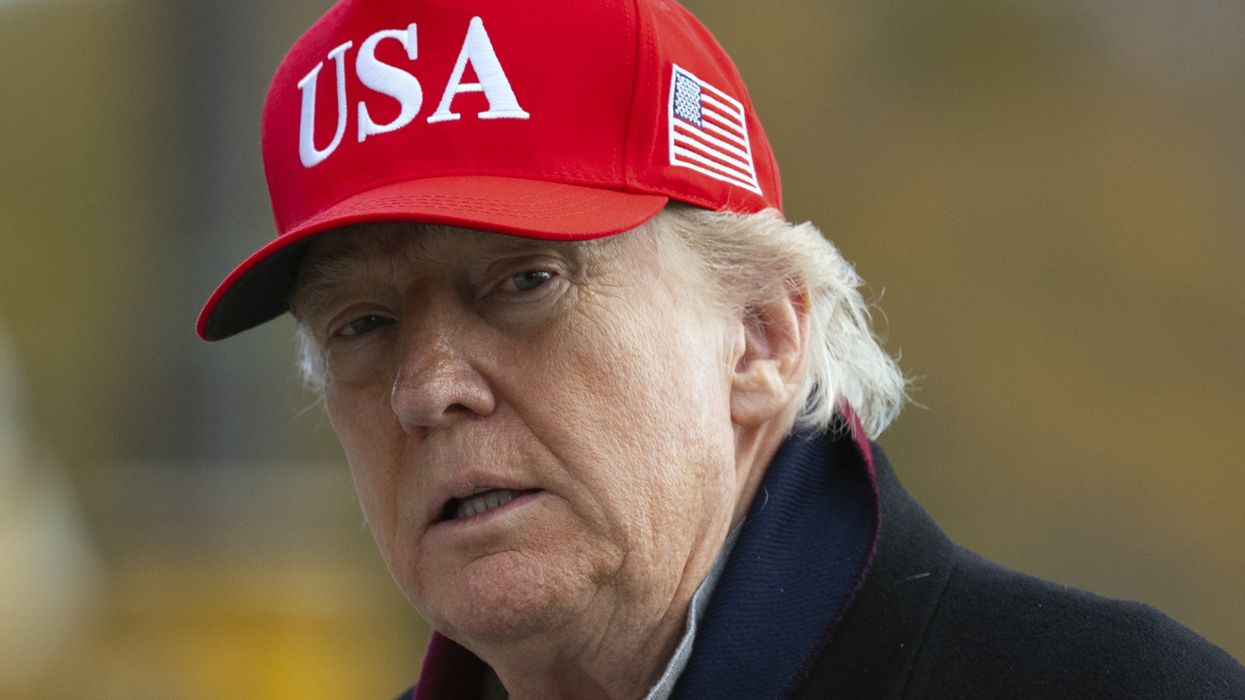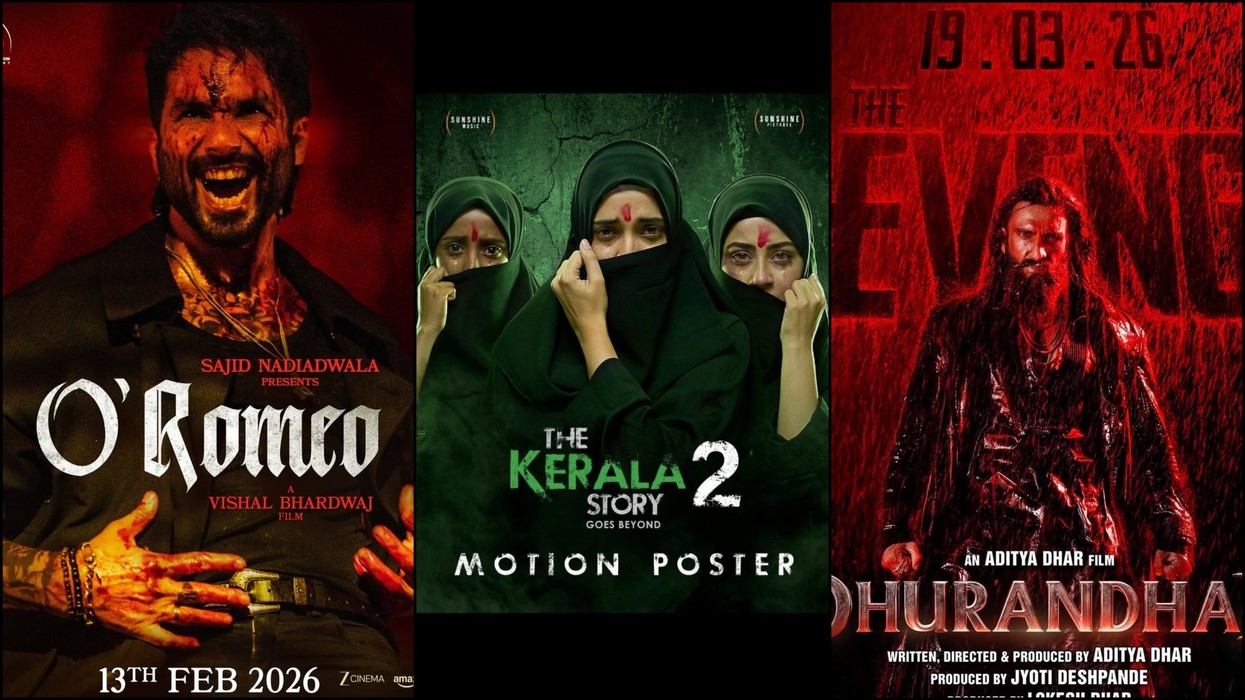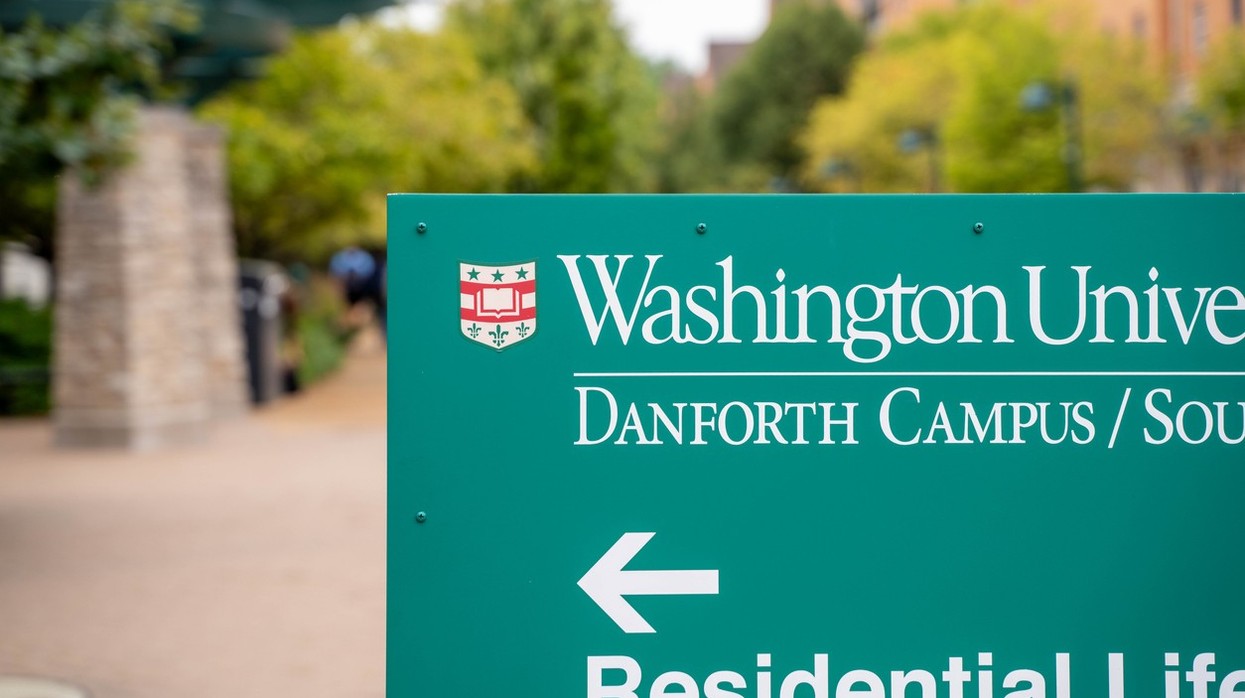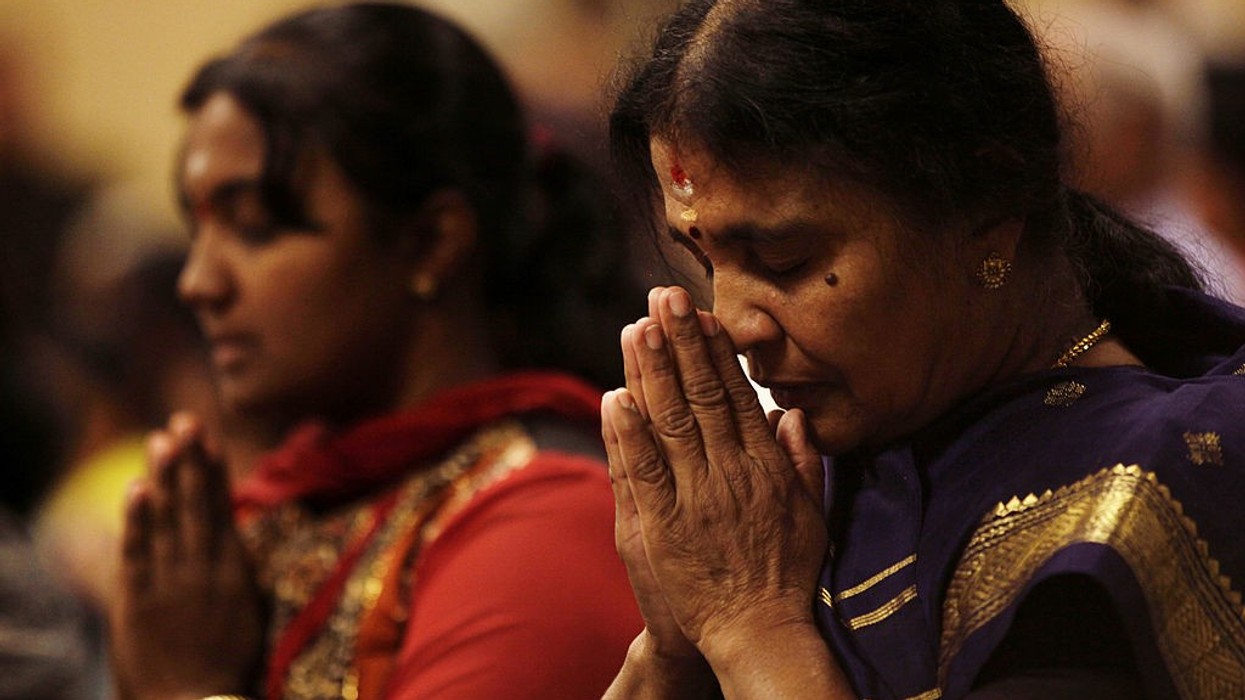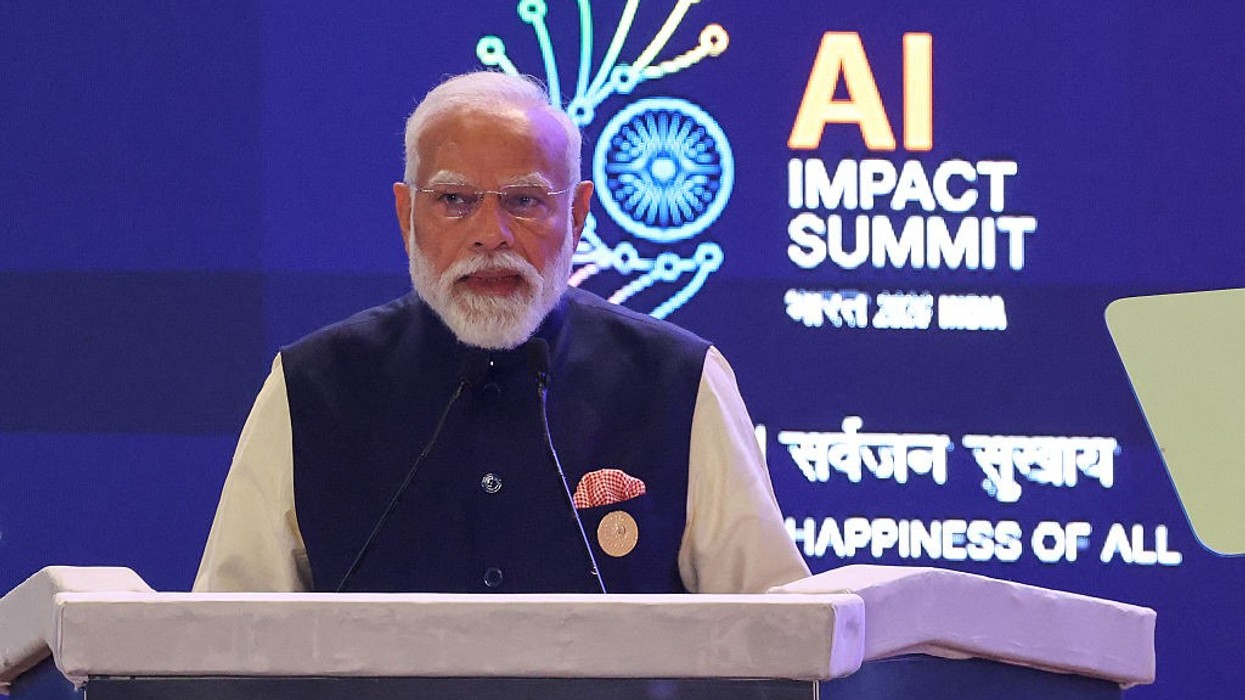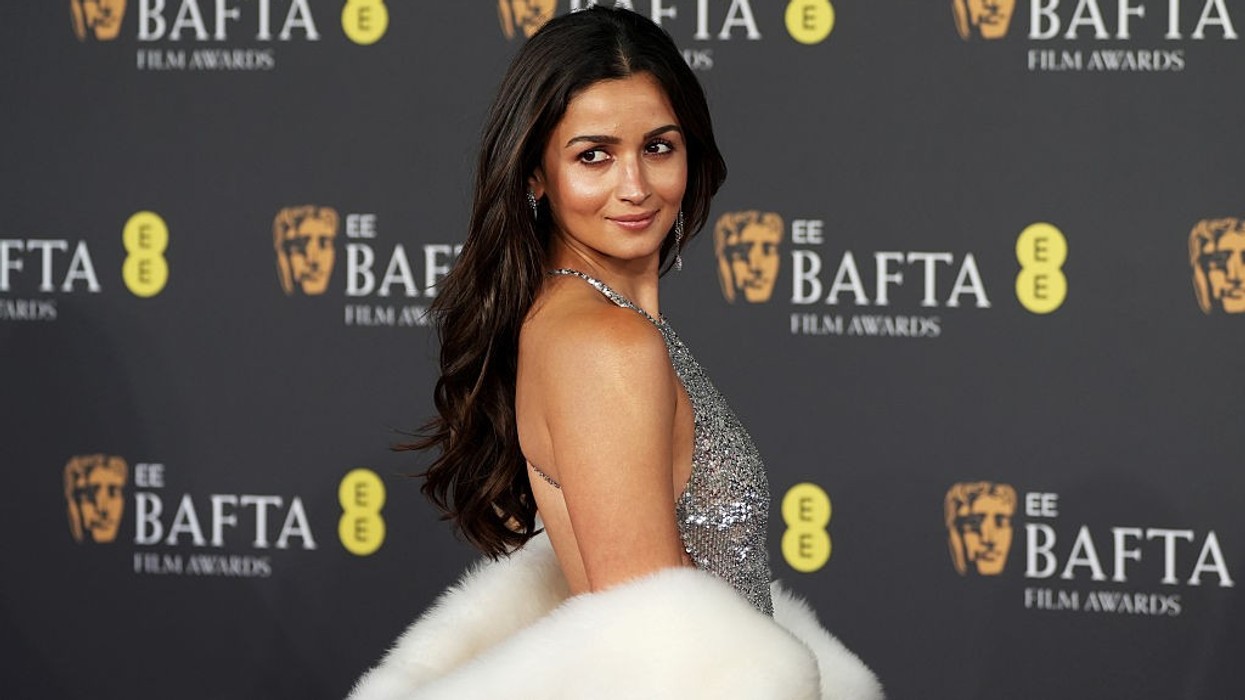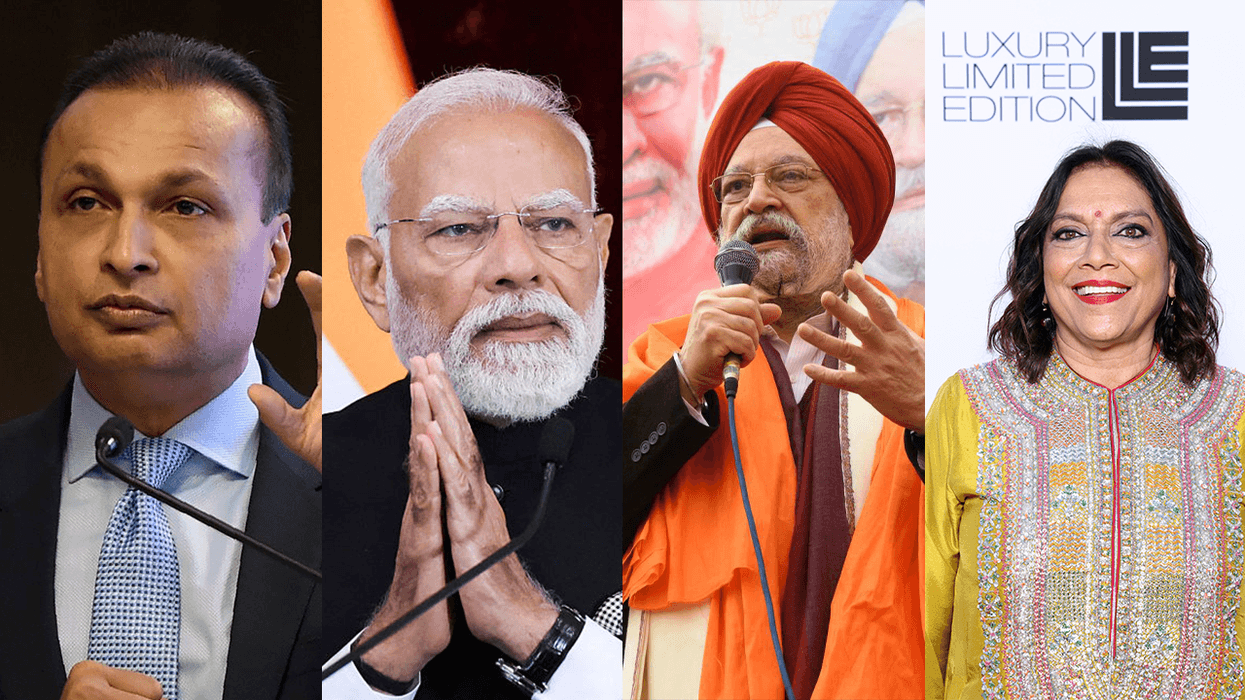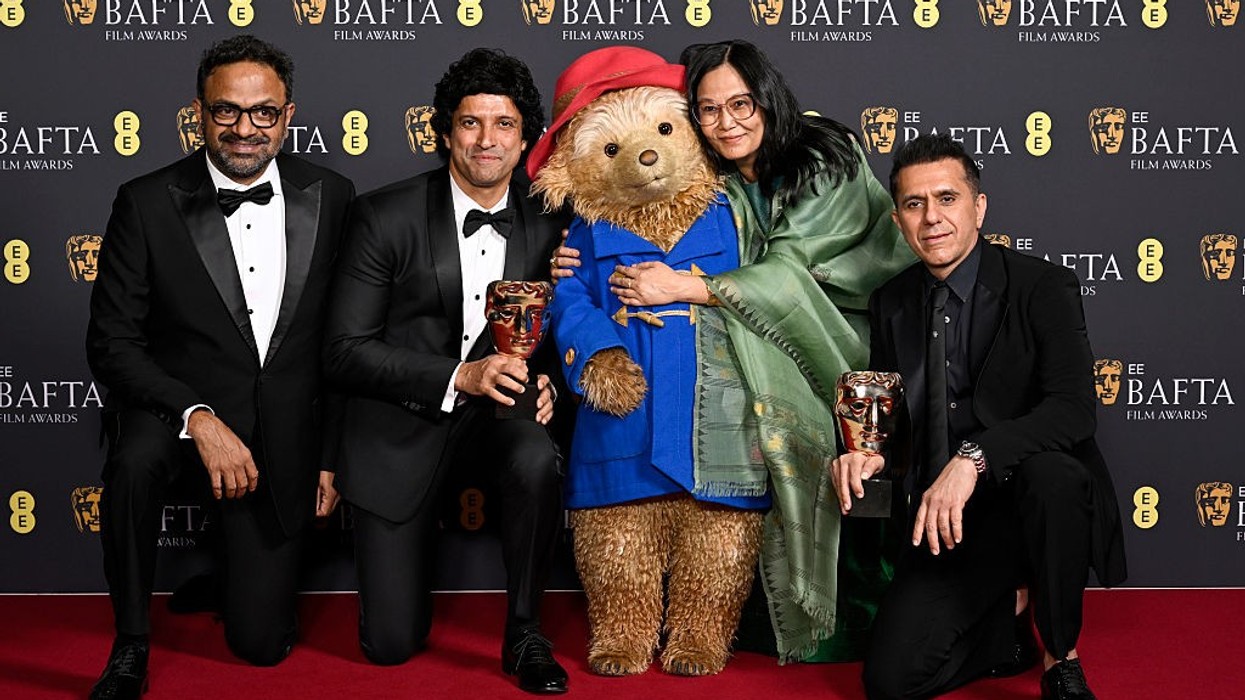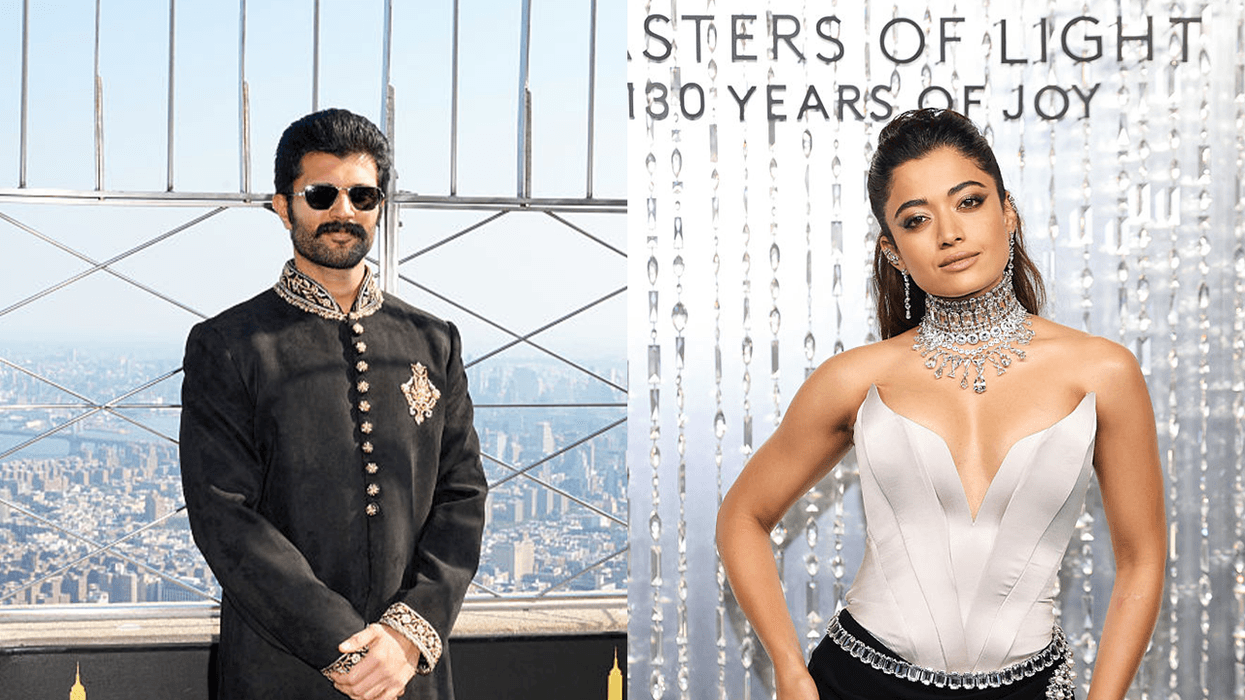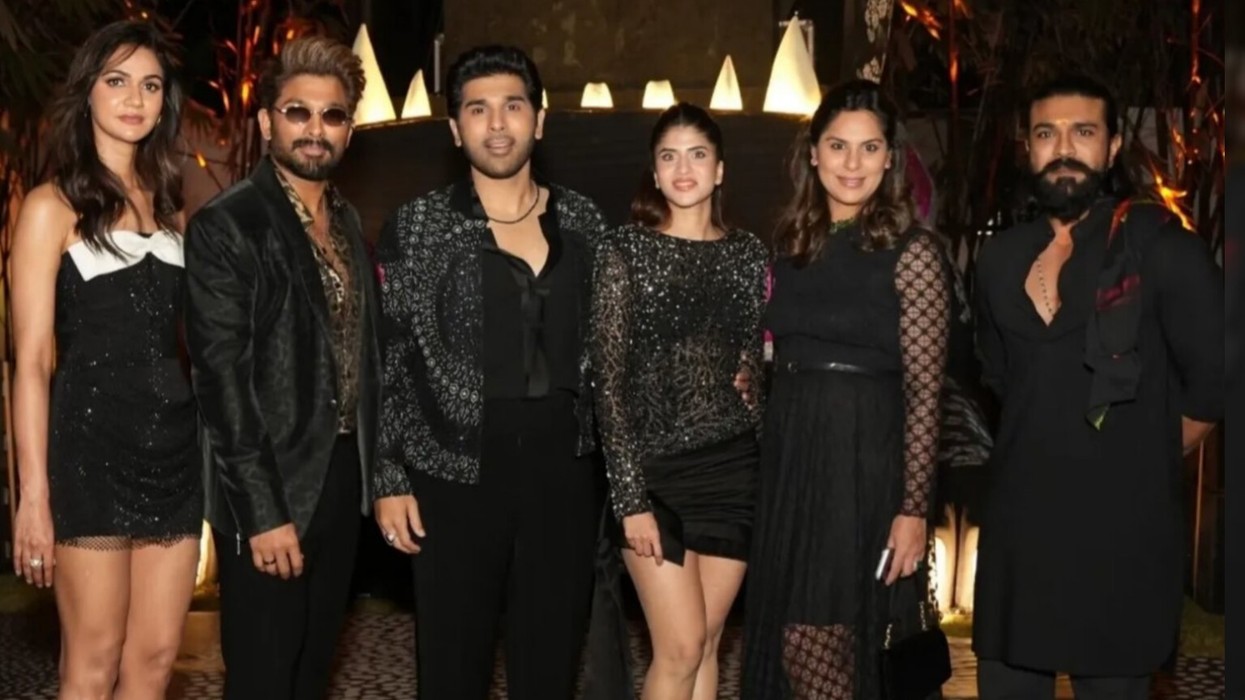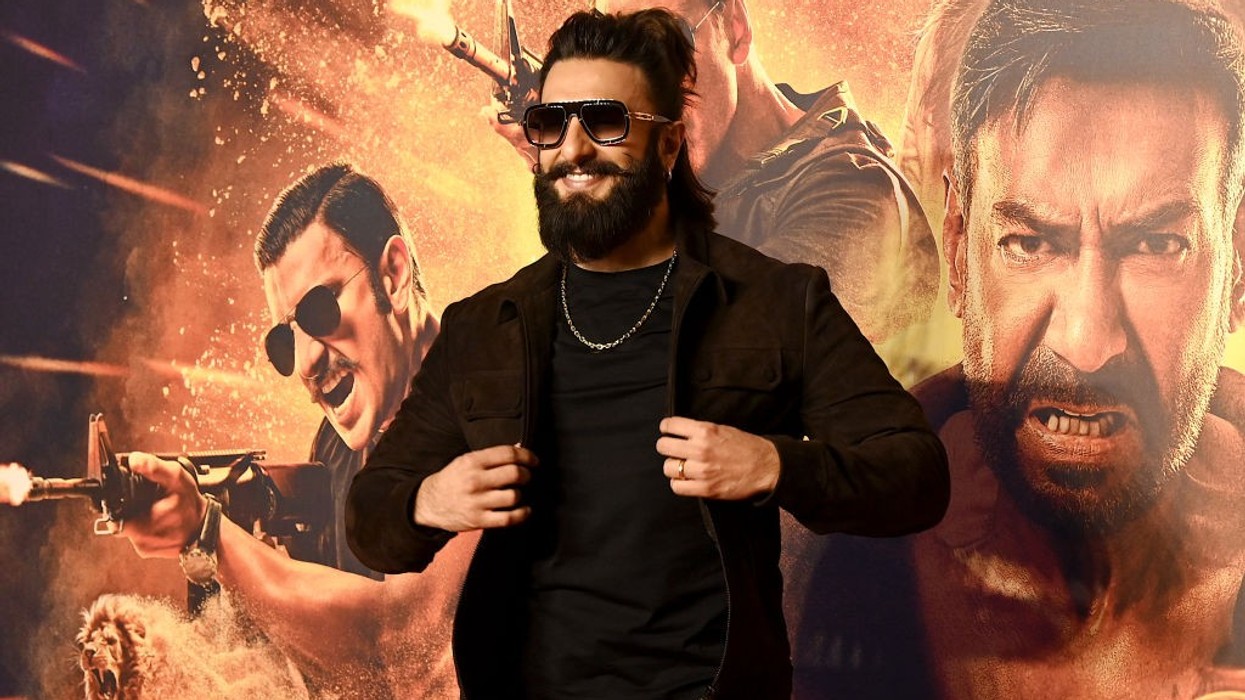Highlights
- Trump reportedly reportedly presses studio executives to produce a new Rush Hour sequel
- Concerns grow over political power shaping film decisions
- Brett Ratner may reenter spotlight despite past misconduct allegations
- Fans divided over whether revival is nostalgia or political theatre
Donald Trump is reportedly leaning on Paramount leadership to revive the Rush Hour franchise, raising questions about the extent of presidential influence in an industry already shaken by consolidation and controversy.
The reports come as Paramount’s owner, billionaire Larry Ellison, one of Trump’s largest donors, prepares to take control of Warner Bros Discovery in a landmark media takeover. According to Semafor’s Max Tani, Trump, 79, has “personally pressed” Ellison to greenlight a new Rush Hour sequel, bringing the beloved Jackie Chan–Chris Tucker action-comedy back to life nearly two decades after its last release.
A Hollywood deal with political fingerprints
Ellison’s acquisition beat out bids from Netflix and Comcast, putting the Paramount-Warner library under the influence of a close Trump ally. The timing of Trump’s push has prompted speculation that the revival of the franchise is more than a nostalgic pitch; it may signal a president attempting to shape cultural output during a pivotal election season.
The White House has not commented, but insiders note that Trump has a long-standing fascination with films that celebrate grit, fighting spirit and moral clarity. In a 1997 New Yorker profile, he praised the 1988 Van Damme film Bloodsport as “an incredible, fantastic movie,” admitting he skipped dialogue to watch the fight scenes.
The franchise that won’t die
The original Rush Hour, released in 1998, became a massive commercial hit, grossing more than $245 million globally and spawning sequels in 2001 and 2007. Rumors of Rush Hour 4 have recirculated for years, with Jackie Chan revealing in 2017 that a script had been completed.
But momentum collapsed when Warner Bros cut ties with director Brett Ratner following multiple sexual assault allegations, including one by actor Elliot Page. Ratner has denied all claims and was never charged, yet the fallout halted the franchise.
Now, with Trump lobbying and Ellison restructuring Hollywood’s power map, Ratner’s potential comeback is once again being discussed, a scenario likely to divide audiences and ignite backlash.
A cultural battlefield disguised as entertainment?
Critics argue that using presidential influence to push movie development blurs lines between pop culture and political messaging. Supporters say Trump is simply advocating for classic entertainment in a landscape dominated by streaming algorithms and franchise fatigue.
For fans, the question is simpler: will Chan and Tucker reunite at last?
For Hollywood, the stakes are bigger. The outcome could determine whether one of the industry’s most beloved franchises returns as a feel-good comeback, or becomes a flashpoint in the clash between art, power and public perception.
With excitement building and controversy growing, the battle for Rush Hour 4 may be only just beginning.
